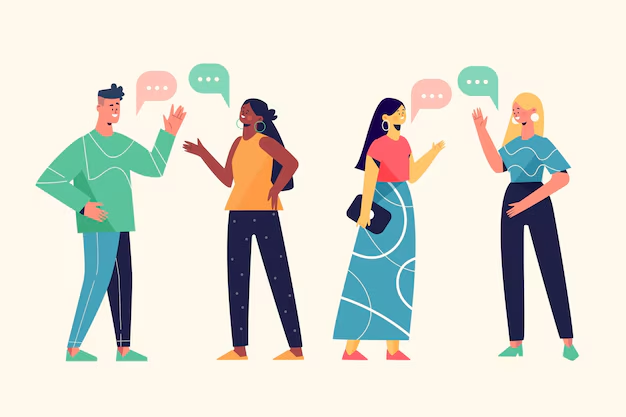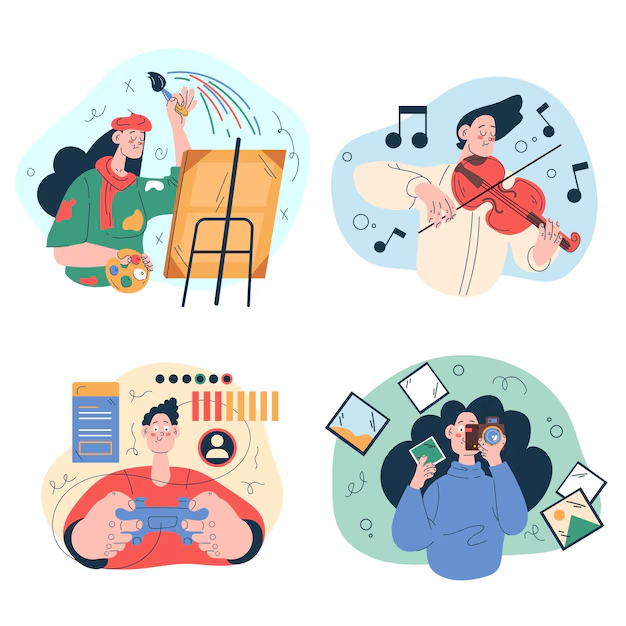In a world that’s becoming increasingly interconnected, the ability to speak more than one language is a highly valuable skill. Beyond career opportunities and cultural enrichment, learning a new language can have a profound effect on your self-esteem. For both kids and adults, language acquisition builds confidence by enhancing communication skills, cognitive abilities, and social connections. In this article, we’ll explore how learning a new language boosts confidence and why it’s a transformative experience for learners of all ages.
1. Overcoming Challenges Boosts Self-Esteem
One of the key reasons learning a new language builds confidence is the sense of accomplishment that comes with overcoming challenges. Mastering a new language involves stepping out of your comfort zone, tackling unfamiliar grammar rules, and expanding your vocabulary. Each small milestone—like understanding a sentence or holding a basic conversation—gives both kids and adults a confidence boost.
For kids, it teaches resilience and problem-solving skills, while for adults, it reinforces the belief that learning new skills is achievable at any age.
2. Improved Communication Skills
Confidence thrives on the ability to express oneself effectively. Learning a new language builds confidence by enabling you to communicate with people from different cultures. For kids, this opens the door to making friends from diverse backgrounds. Adults gain the ability to network professionally or navigate new environments with ease.
By practicing speaking, listening, and writing in a new language, learners develop stronger communication skills overall, which translates to improved confidence in both personal and professional settings.
3. Expanding Cognitive Abilities
Studies show that learning a new language improves memory, problem-solving, and critical thinking skills. These cognitive benefits contribute to a heightened sense of self-assurance. For children, mastering a second language can lead to better performance in other academic subjects, boosting their overall confidence in school.
Adults, on the other hand, often discover that they can tackle other complex tasks more effectively, reinforcing their self-belief and ability to learn.
4. Building Social Connections
Language is the gateway to forming meaningful relationships. For kids, learning a new language helps them connect with classmates, exchange ideas, and understand other cultures. Adults benefit from this as well, particularly when traveling or working in multicultural environments.
Building relationships in a new language builds confidence by showing learners they can adapt and thrive in unfamiliar situations. It also fosters empathy and broadens perspectives, further enriching their personal growth.
5. Empowering Learners Through Cultural Exposure
Learning a new language often involves immersing oneself in a new culture. Kids gain a sense of curiosity and appreciation for diversity, which boosts their confidence in interacting with people from different walks of life. Adults become more open-minded and capable of navigating global environments.
Cultural exposure reinforces the idea that language learning is not just about words—it’s about understanding the world better and becoming more adaptable.
6. Realizing Lifelong Learning Potential
For adults, learning a new language builds confidence by proving that it’s never too late to learn something new. This realization can have a ripple effect, encouraging them to explore other skills and hobbies.
For kids, the process of language acquisition instills a lifelong love for learning, making them more eager to embrace challenges as they grow.
Tips for Building Confidence While Learning a Language
• Celebrate Small Wins: Acknowledge every milestone, from mastering basic phrases to completing a conversation.
• Practice Regularly: Confidence comes with repetition, so make language practice a daily habit.
• Engage with Native Speakers: Real-world interactions help reinforce your skills and boost confidence.
• Use Online Resources: Platforms like LingFlip provide tools for kids and adults to learn languages in an engaging way.
Conclusion
Learning a new language builds confidence by empowering individuals to communicate, adapt, and overcome challenges. Whether it’s a child learning their first foreign language or an adult exploring a new passion, the process enriches lives on multiple levels.
Are you ready to take the first step in building your confidence? Explore language courses for kids and adults on LingFlip and start your journey today.
READ MORE: Productivity tips for students




